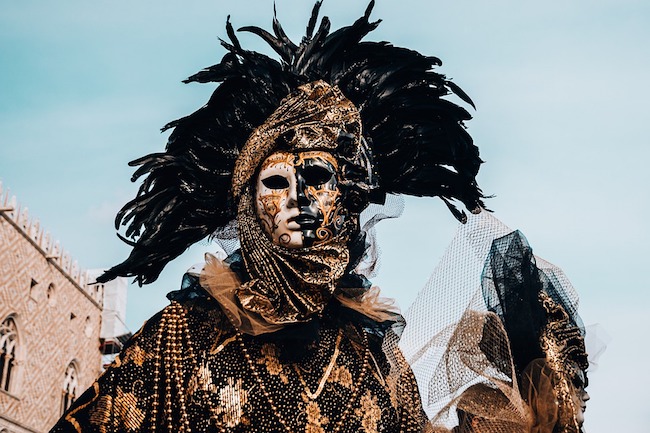The Left Loves Ta-Nehisi Coates Because He’s Useful To Their Project Of Destroying Christianity By Aristarchus Patrinos for The Federalist
No other preeminent contemporary black intellectual has so strongly dissociated American Christianity from the successful acquisition of equal rights for black Americans.
Ta-Nehisi Coates’ new novel, “The Water Dancer,” has topped The New York Times bestseller list. I can’t remember ever seeing so much fanfare for a literary novel, particularly a debut one. Coates has been on all the talk shows, including a special edition of Oprah Winfrey’s Book Club. Now, that’s access.
Of course, Coates had to pay his dues first as a journalist. He started off in 1998 writing occasional articles for the Washington Post on hip-hop. In 2008, Coates began writing for The Atlantic, and rode the black Bourgeois Obama wave to professional stardom.
Coates’ success has been a hot topic among black intellectuals. Coates has expressed shock that white people are so interested in his work, since this was not his intent. But regardless of intent, affluent white liberals have become Coates’ most important audience and fan base. White liberals turn to Coates when they want to understand “the black experience.”
Coates’ rise to fame has many factors. His most famous article and first cover story for The Atlantic, “The Case for Reparations,” is a perfect example of making the most of opportunities presented. Coates is an eloquent and experienced writer, with a strong and passionate point-of-view. But there is more to this story.
Blacks in the American Two-Party System
The United States has a two-party system. Each party has a political coalition with disparate interest groups to form a majority governing coalition. In his classic, “The Emerging Republican Majority,” Kevin Phillips demonstrates the surprising consistency of these interest group coalitions over centuries, even if the party in which they are seated changes.
After the Civil War, blacks allied themselves politically with the Republican Party, which at that time was the party of the Union, Abraham Lincoln, and the “Eastern Establishment.” In opposition was the Democratic Party. At the heart of this coalition were white Southerners and white ethnic Northerners, particularly Catholics. While there has been fluctuation over time, and interest groups have changed parties, these same political coalitions more or less remain in the 21st century.




